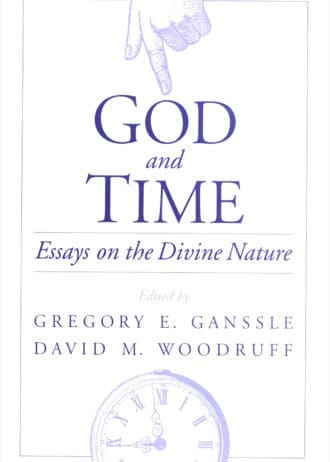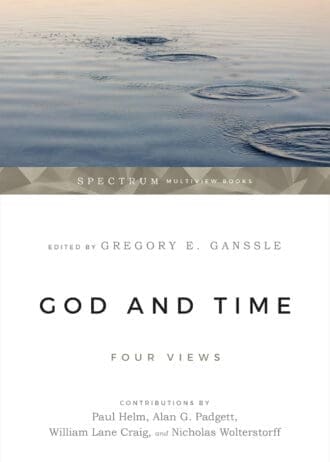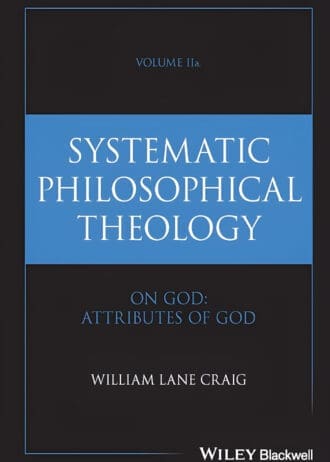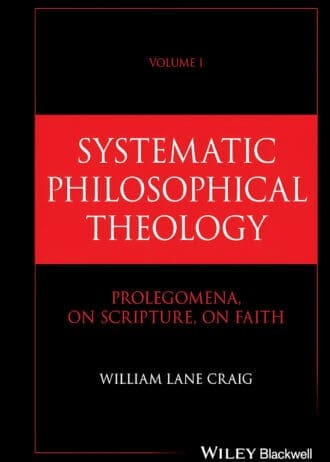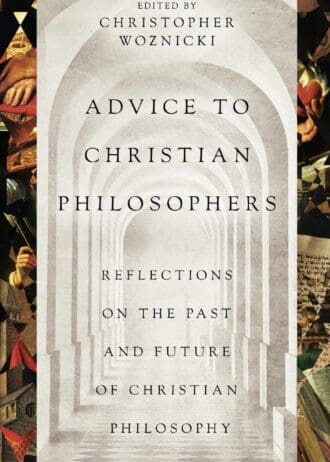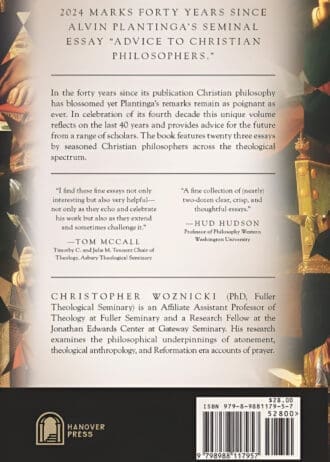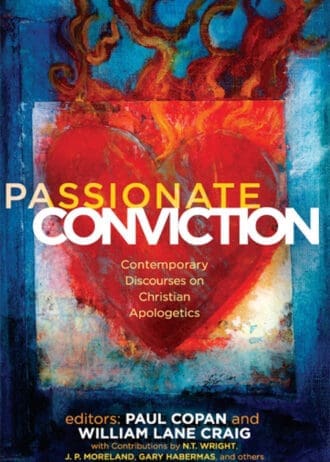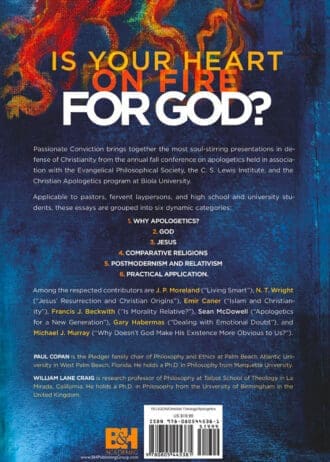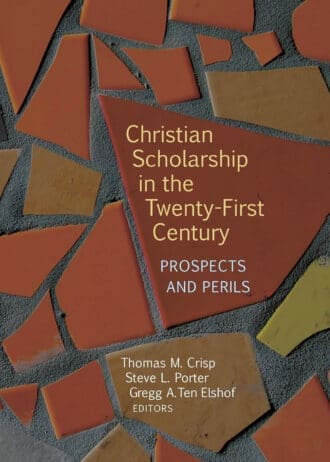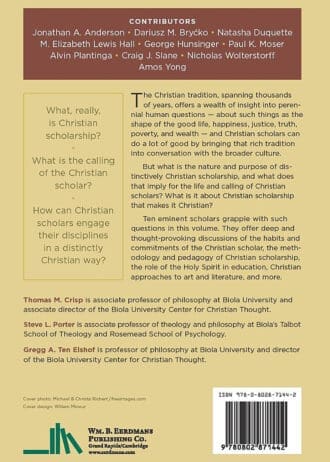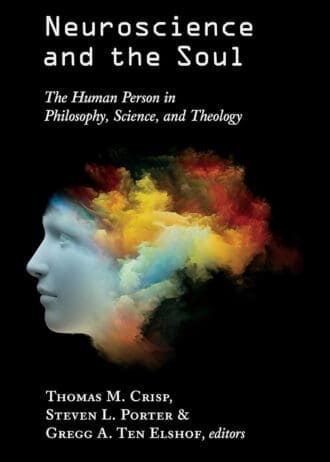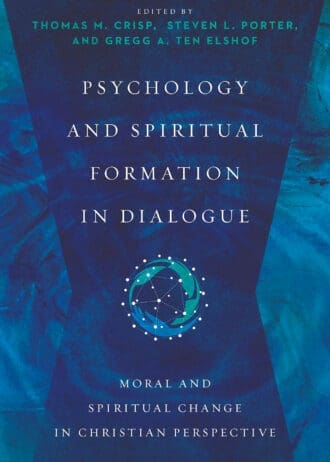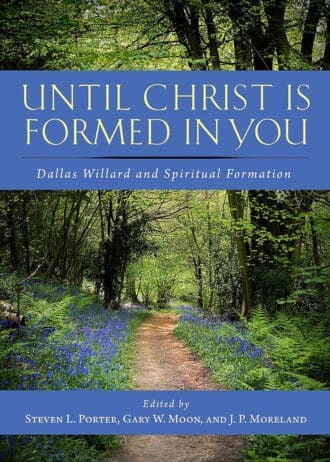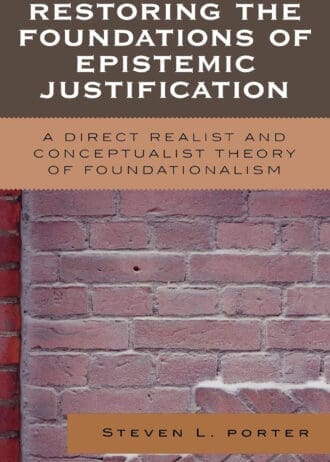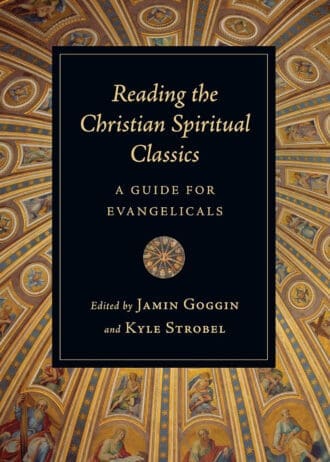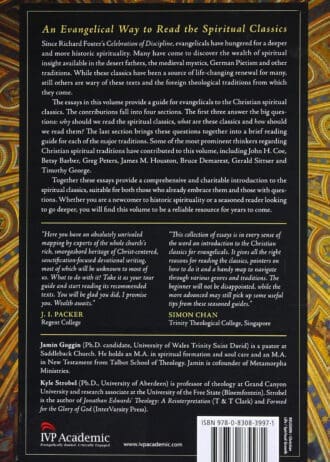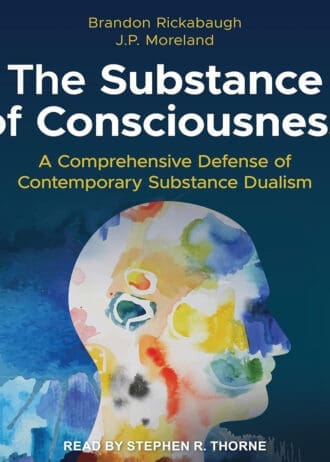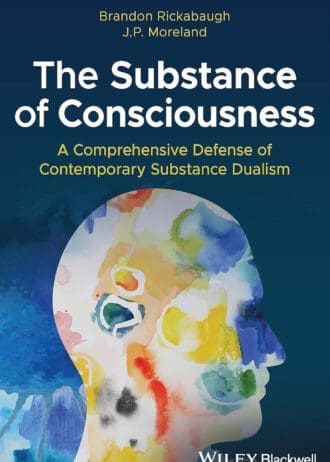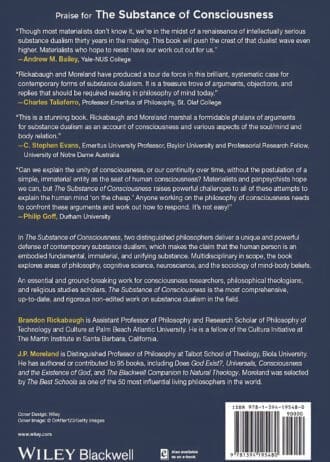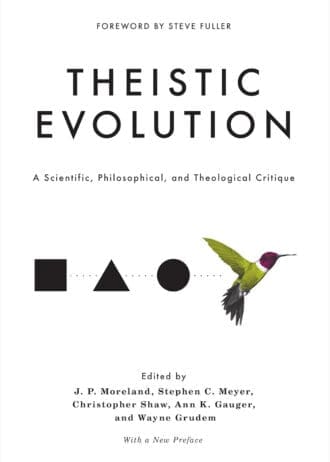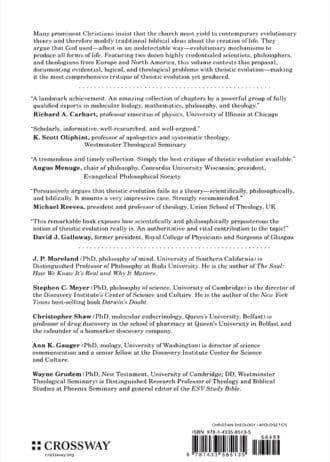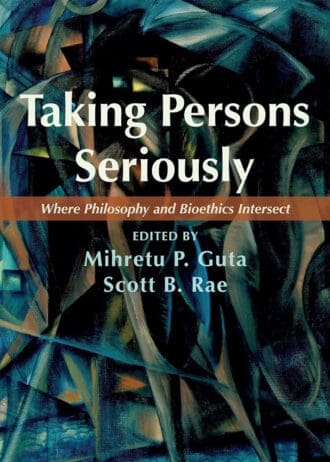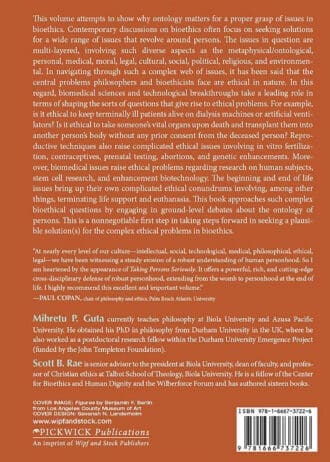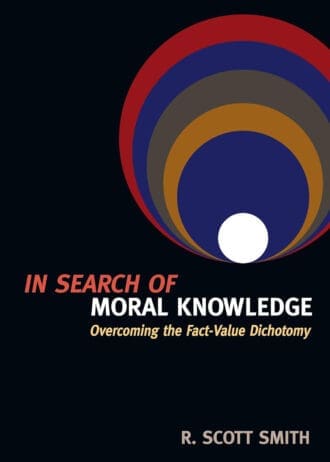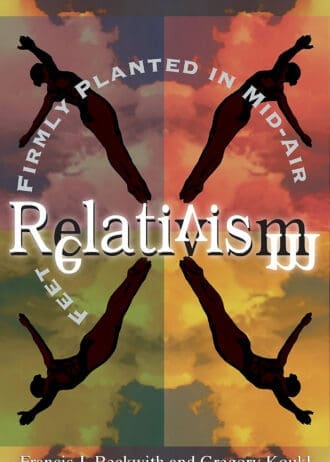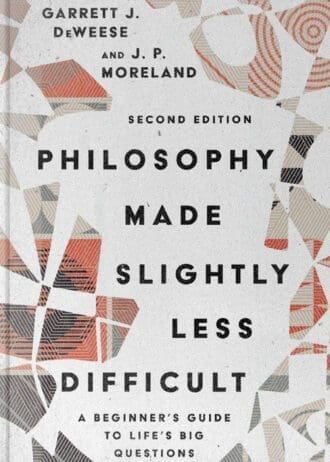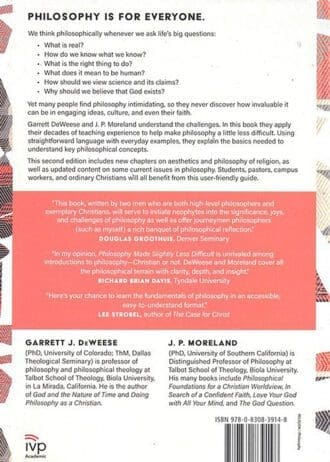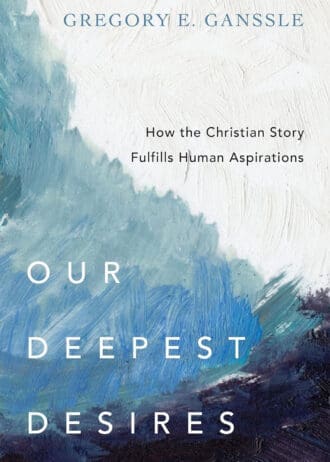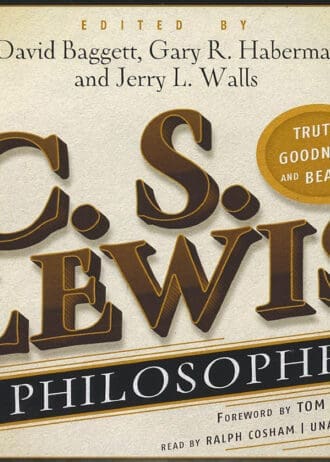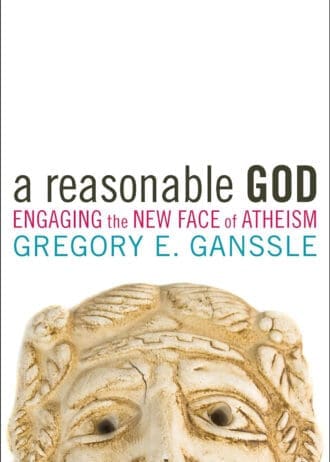This important new volume is a combined anthology and guide intended for use as a textbook in courses on the philosophy of religion. It aims to bring to the student the very best current work on important topics in the field.
The anthology is comprised of six sections, each of which opens with a substantive introductory essay followed by a selection of influential writings by prominent philosophers of religion:
- Religious Epistemology (by Kevin Meeker, Department of Philosophy, University of South Alabama) deals with the rationality and warrant of theistic belief.
- Existence of God (by William Lane Craig, Philosophy Department, Talbot School of Theology) presents the cosmological, teleological, axiological, noological, and ontological arguments for the existence of God.
- Coherence of Theism (by William Lane Craig, Philosophy Department, Talbot School of Theology) covers the divine attributes of necessity, eternity, omnipotence, omniscience, and goodness.
- Problem of Evil (by Timothy O’Connor, Department of Philosophy, Indiana University) treats both the internal and external challenge posed by evil to theistic belief.
- Soul and Immortality (by J. P. Moreland, Department of Philosophy, Biola University) explores the substantiality and immateriality of the soul and the implications for life after death of the body.
- Christian Theology (by Michael Murray, Department of Philosophy, Franklin and Marshall College) handles problems posed by the Trinity, incarnation, atonement, damnation, and prayer.
Presenting a sympathetic view of the topics it treats, Philosophy of Religion provides an ideal resource for studying the central questions raised by religious belief.
Features:
- A combined anthology of readings and guide to the subject
- Focuses on contemporary issues in the philosophy of religion
- Emphasis placed on the Christian tradition
- High quality introductions to each section provide a survey of each topic
- Cutting-edge readings chosen by specialists
Philosophy of Religion provides an ideal resource for studying the central questions raised by religious belief.


